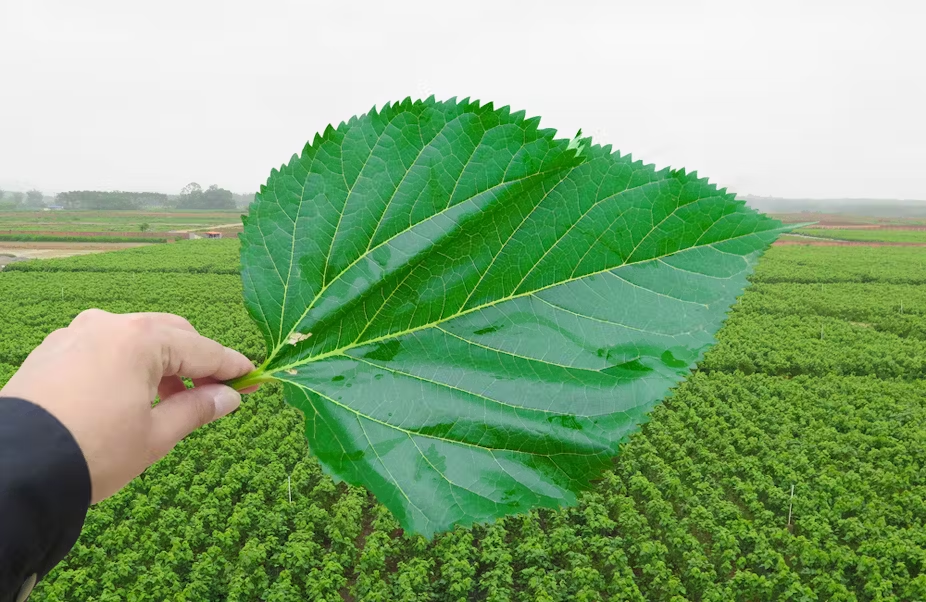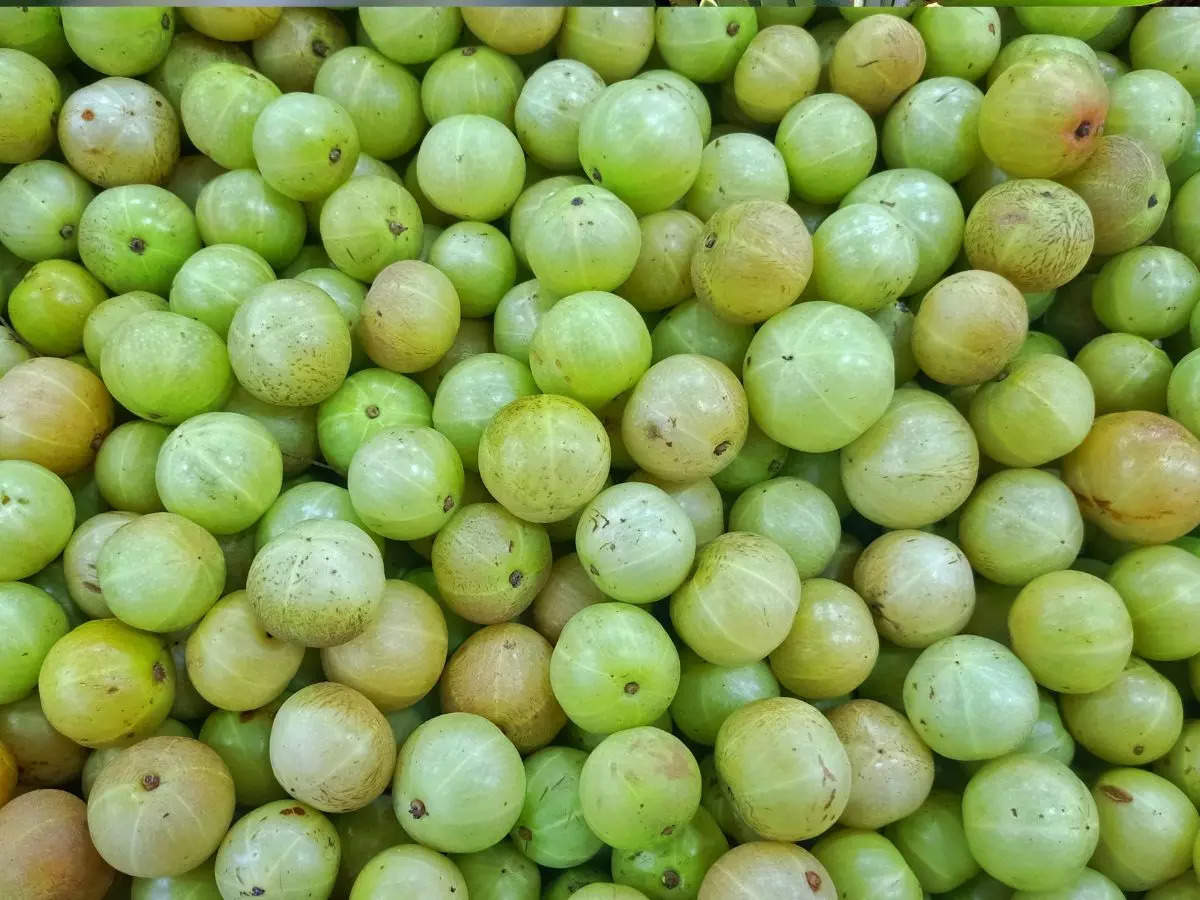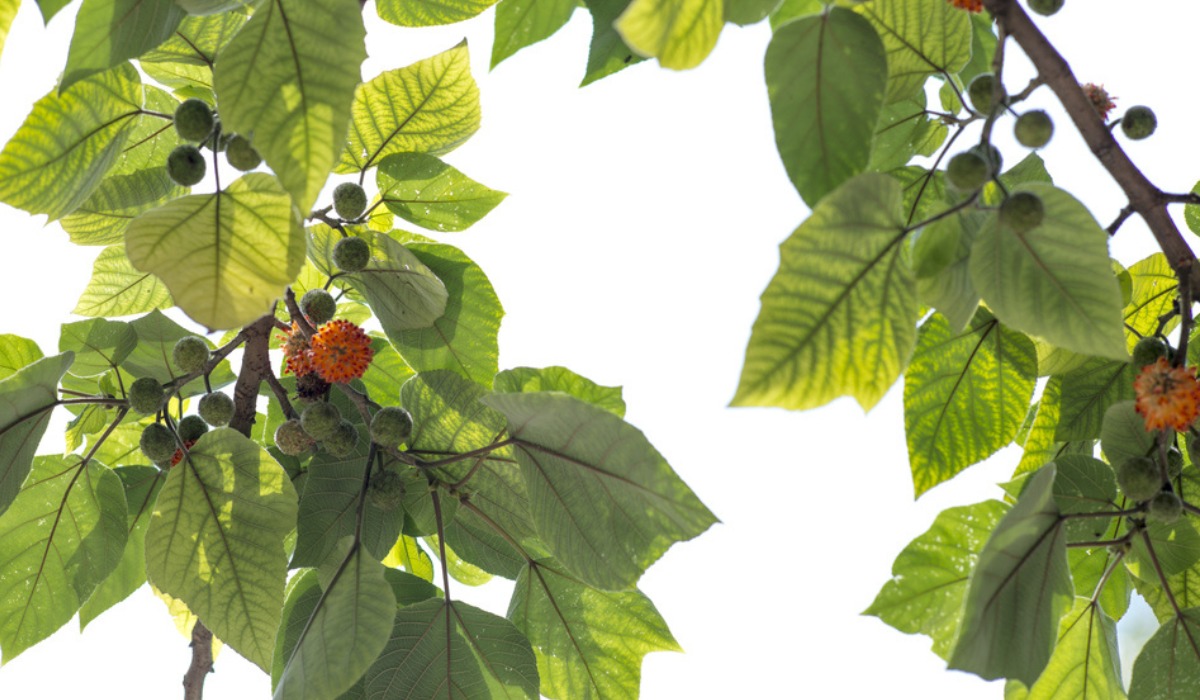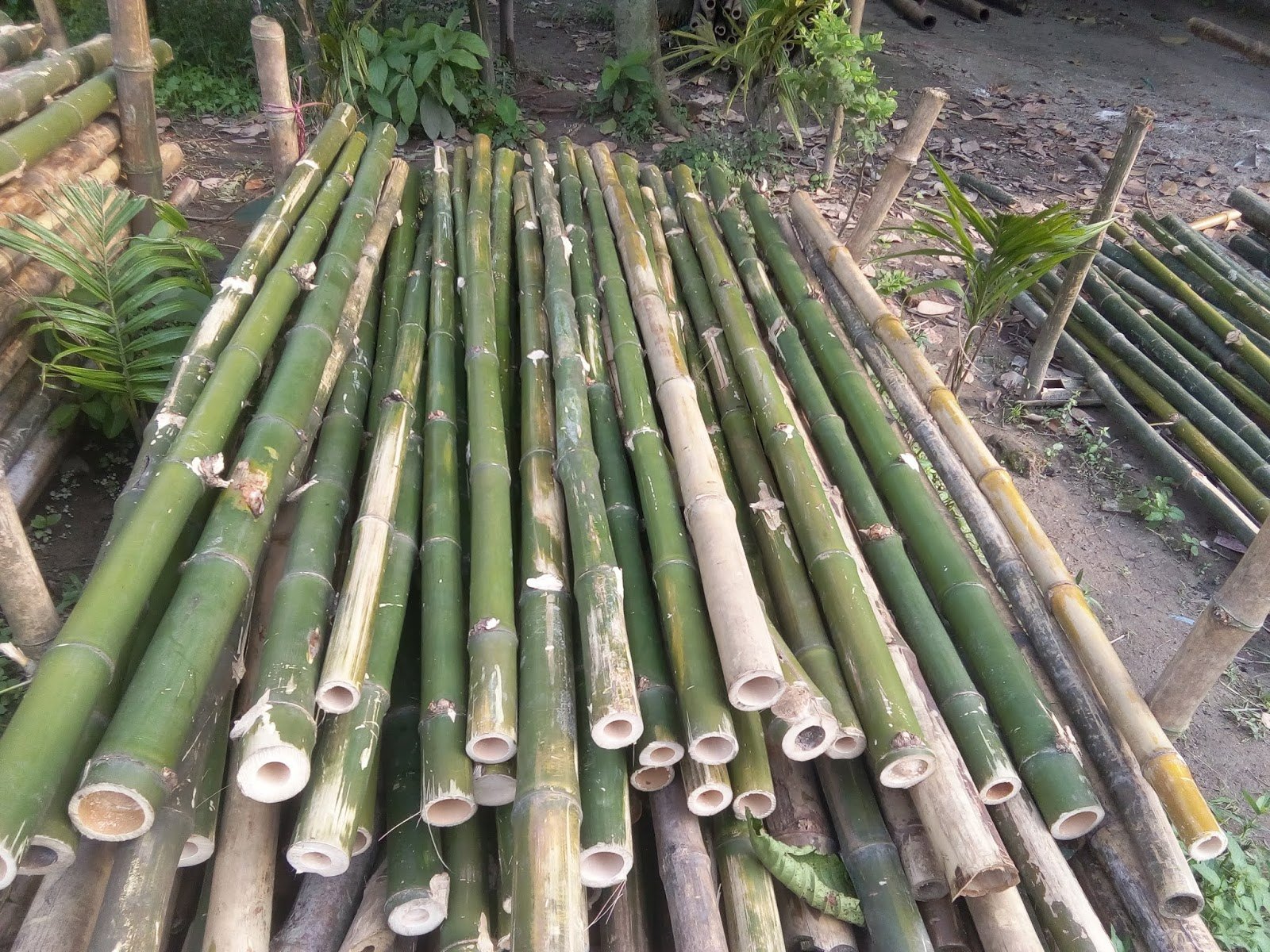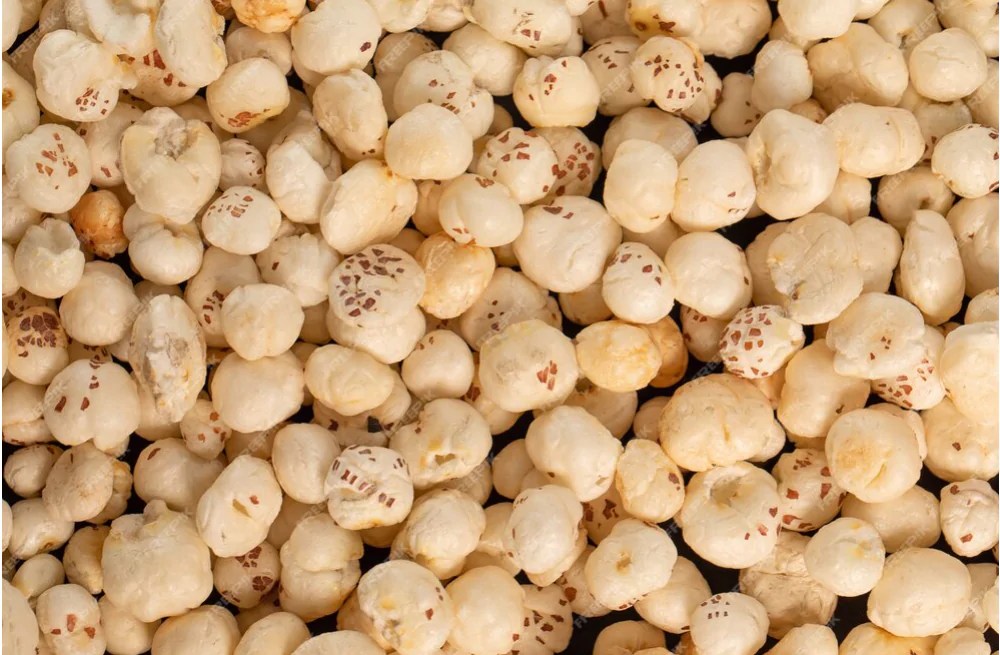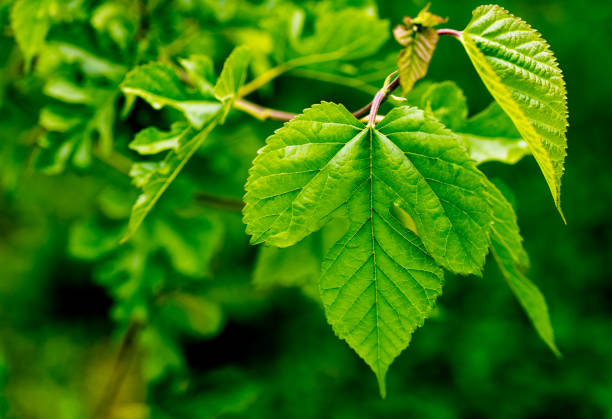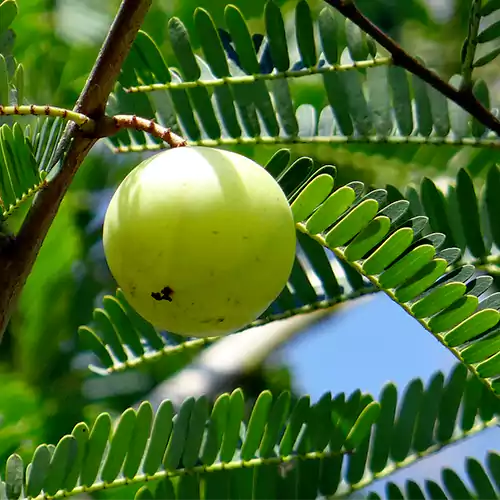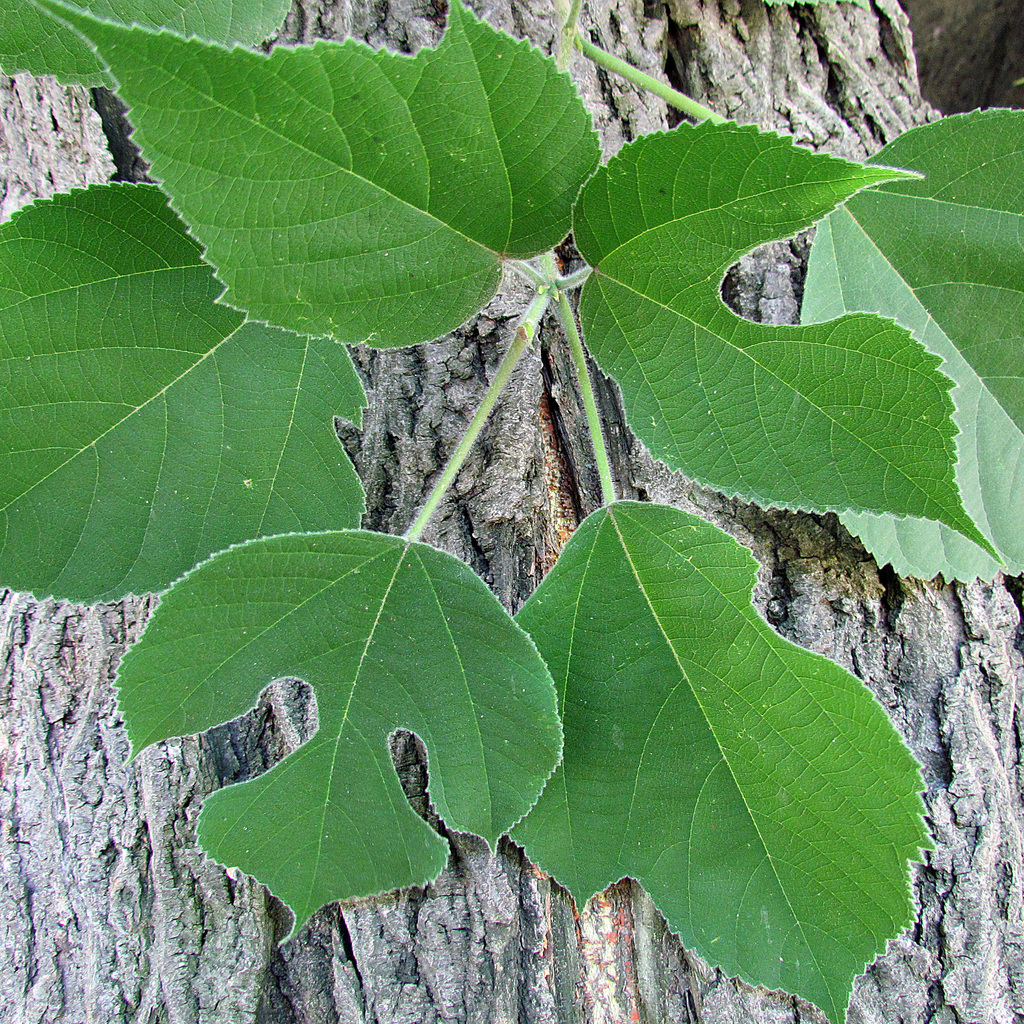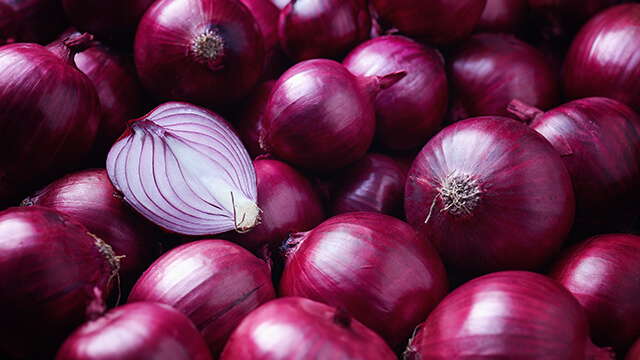- Branch Office: Gali Number 2, Panchsheel
- 220 Gali - 2, HARYANA
- Head office - Village Duhak Post sunhani
tehsil Jhandutta District Bilaspur - Himachal pardesh 174029
- Send your mail at
- rprakash.1151@gmail.com
- Working Hours
- Mon-Sat:9.30am to 7.00pm
About Sankhyan global agro traders
ABOUT
About Us
About Us
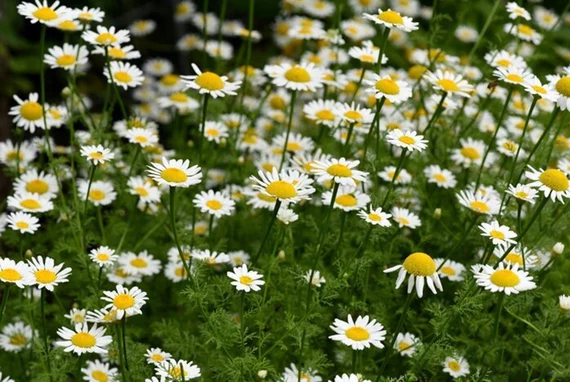
Request Call Back
ABOUT
Mulberry leaves and gooseberries are popular in the health and wellness industry. Mulberry leaves are valued for their benefits to silkworm farming and herbal remedies, while gooseberries are cherished for their high vitamin C content and use in traditional medicine. Paper mulberry, bamboo sticks, and Anacyclus pyrethrum are also among our notable offerings, with applications ranging from natural materials for crafting to therapeutic uses in herbal formulations. At Sankhyan Global Agro Traders, we prioritize quality, customer satisfaction, and sustainable practices to support the evolving needs of our clients. Our mission is to bring the finest agro products from India to the world, enhancing the value and reach of traditional agricultural resources.
OUR MAIN PRODUCTS
Sankhyan globalAgro Traders
Our Client Says
Client Says Sankhyan global agro traders
Client Says Sankhyan global agro traders
Client Says Sankhyan global agro traders
Our Blogs
